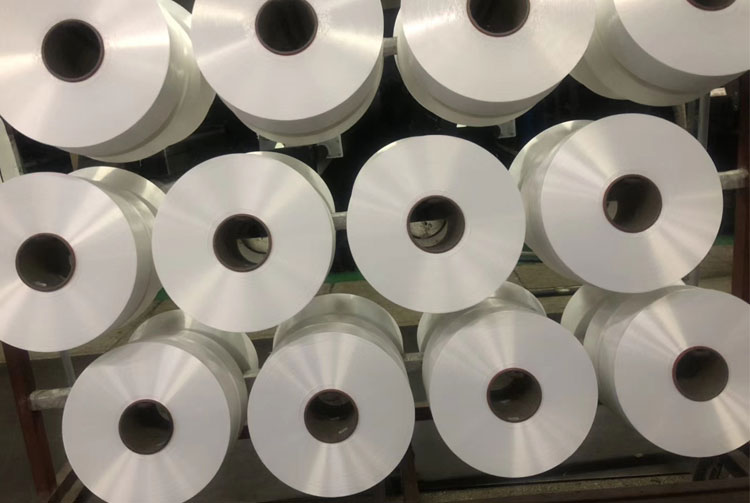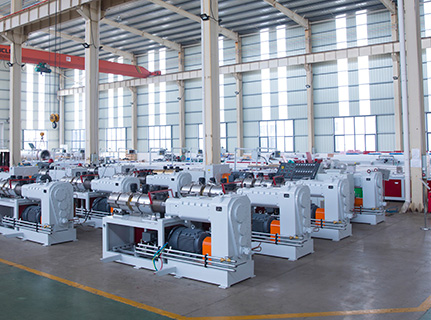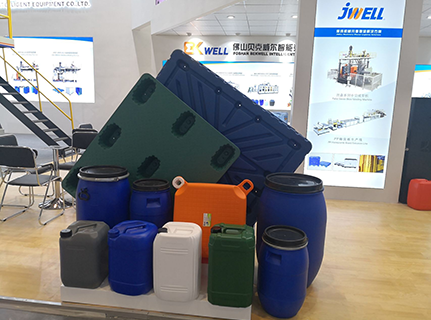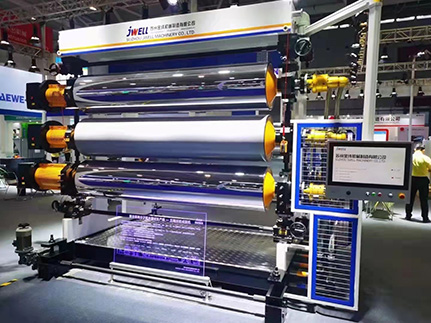A1: Our yarn spinning equipment can be used for PET recycle bottle flakes, PET virgin chips, PET recycle chips.
Special designed Screw/Barrel, Suitable for Recycling Materials.
Double Stage CPF with Boost Pump, Make Sure the Melt pressure in average & Filtration Performance.
Polyester Yarn Making Machine adopted Newly designed Spin-Beam with less energy consumption by 30% compared with conventional ones & Equipped with pressure variation monitor Device.
Polyester Spinning Machine adopted Bottom mounted spin packs with better melt flow, better temperature evenness and less manpower required.
New Design Quenching System for Recycling Filaments which can provide smoother air blowing for better yarn evenness.
The adjustable Air-Blowing area and Air Volume enable further spinning process adjustment.
Fully Automatic Winders with precision winding, featuring higher successful changer-over rate and excellent bottom layer yarn unwinding and tail yarn shifting.
| Material | PET | PA6 |
| Denier(D) Range | 50-600 | 40-70 |
| Process speed | 3200m/min | 4300m/min |
| NO. of Positions | 6 / 8 /10 / 12 positions(customized) | |
| NO. of ENDS | 8 /10 / 12 ends(customized) | |
| Winders | Automatic | |
| Grade class rate | up to grade class rate ≥98﹪, first class rate ≥95﹪, full package rate≥90﹪ | |
| Item | Specification |
| Place of origin | China |
| Brand name | JWELL |
| Model number | PET PA6 |
| Certification | CE ISO |
| Minimum order quantity | 1 SET |
| Packaging details | Wooden pallet packing |
| Delivery time | 90days |
| Payment terms | TT. LC |

Polyester is used as clothing fiber, and its fabric can achieve the effect of no wrinkle and ironing after washing. Usually blended or interwoven with various fibers, such as cotton-polyester, wool polyester, etc., and is widely used in various clothing and decorative materials. In industry, polyester can be used for conveyor belts, tents, canvas, cables, fishing nets, etc., especially polyester cord used for tires, and its performance is close to nylon. Polyester can also be used for electrical insulation materials, acid-resistant filter cloth, cloth for the medical industry, etc. Synthetic fibers are widely used in various fields of the national economy because of their high strength, abrasion resistance, acid resistance, alkali resistance, high-temperature resistance, lightweight, warmth retention, good electrical insulation, and resistance to mildew.
A1: Our yarn spinning equipment can be used for PET recycle bottle flakes, PET virgin chips, PET recycle chips.
A2: Jwell plastic extrusion company can provide customized production line according to your requirment.
A3: Chinese first screw & barrel is made by JWELL since 1978, more than 40 years experience.
Strength: The strength of polyester fiber is nearly 1 times higher than cotton and 3 times higher than wool, so the polyester fabric is strong and durable.
Heat resistance: It can be used at -70℃~170℃, which is the best in heat resistance and thermal stability among synthetic fibers.
Elasticity: The elasticity of polyester is close to that of wool, and its wrinkle resistance is higher than that of other fibers. The fabric is not wrinkled and has good line retention.
Abrasion resistance: The abrasion resistance of polyester is second only to nylon and ranks second among synthetic fibers.
Water absorption: Polyester has low moisture regain and good insulation performance, but due to low water absorption, high static electricity generated by friction, and poor dyeing performance.
1. Polymerization: In the presence of a catalyst, dimethyl terephthalate first reacts with ethylene glycol to form polyester at a temperature of 302-410 ° F (150-210 ° C). Combined with terephthalic acid and raised to a temperature of 472 degrees Fahrenheit (280 ° C). The newly formed transparent and molten polyester is extruded through a tank to form long bands.
2. Drying:When the polyester comes out of the polymerization, allow the long molten bands to cool until they become brittle. The material is cut into small pieces and completely dried to prevent irregularities in consistency.
3. Melt Spinning:Polymer chip melts at 500-518 degrees Fahrenheit (260-270°C) to form a syrupy solution. Spinnerets are usually round, but can also be pentagonal or other shapes used to make special fibers. The number of holes in the spinneret determines the size of the yarn, because the fibers that appear on the spinneret come together to form a single filament.
4. Drawing the fiber:When polyester emerges from the spinneret, it is soft and easily stretches to five times its original length. Stretching forces random polyester molecules to align into parallel structures. This increases the strength, toughness and elasticity of the fiber. This time, when the filaments dried, the fibers became firm rather than brittle.
5. Winding:After the polyester yarn is pulled out, it is wound around the bobbin or flat-wound package, ready to be woven into the material.



